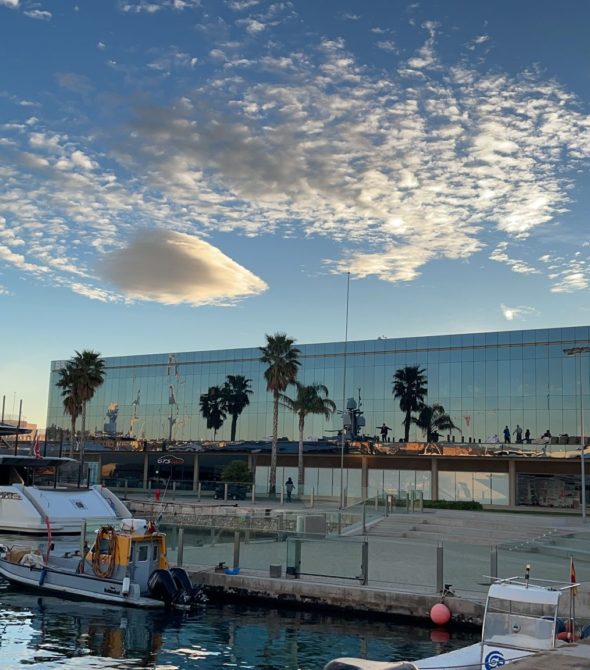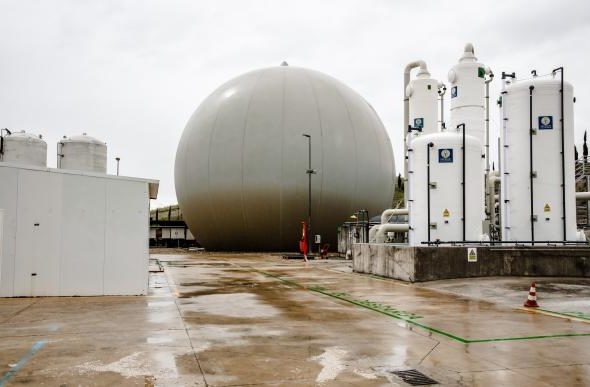Petronor together with its main shareholder, REPSOL, will invest EUR 80 mill in two new facilities attached to the refinery in the Port of Bilbao that will help the decarbonisation process using new technologies to produce zero-emission synthetic fuels and generate gas as fuel for the refinery itself by using urban solid waste such as paper, cardboard, plastics and textiles.
The commissioning of the new facilities is scheduled for 2024 and Petronor will be backed by a technological collaboration agreement between Repsol and Saudi Aramco, the world’s largest oil company, also highly interested in the production of synthetic fuels while progress is being made in the decarbonization process in the world.
The first plant, with an investment of EUR 60 mill, will be one of the largest plants in the world to produce around 10.000 ltrs/day of synthetic hydrogen, using water and CO2 captured from the refinery as raw materials, while the energy needed in the process will come from Repsol’s own wind and solar generation, giving a production capacity of 50 barrels/day of synthetic fuel.
On the other hand, Petronor launched a fuel with just 0.5% sulphur content and includes this new product in its already wide offer on the international market, in accordance with the most demanding environmental standards.
By manufacturing this new type of low sulphur fuel, Petronor adapts its production to the requirements of the International Maritime Organization, which establishes that the fuel to be burned by ships would have to go from a sulphur concentration of 3.5% to 0.5%, apart from ships that have specific treatment plants to clean combustion gases. However, the use of these purification systems, known in the sector as “scrubbers”, is still very minor in maritime traffic world, therefore the manufacture of fuels with just 0.5% sulphur represents one of the most important changes in the refining sector.





